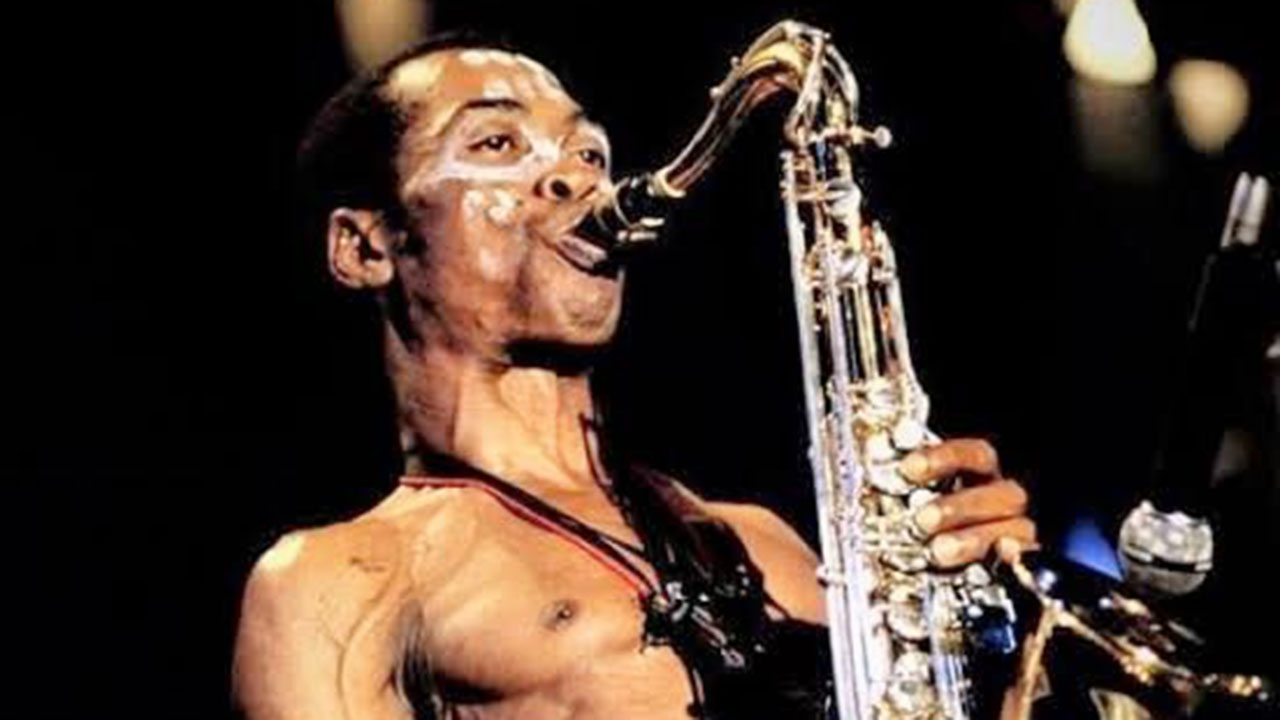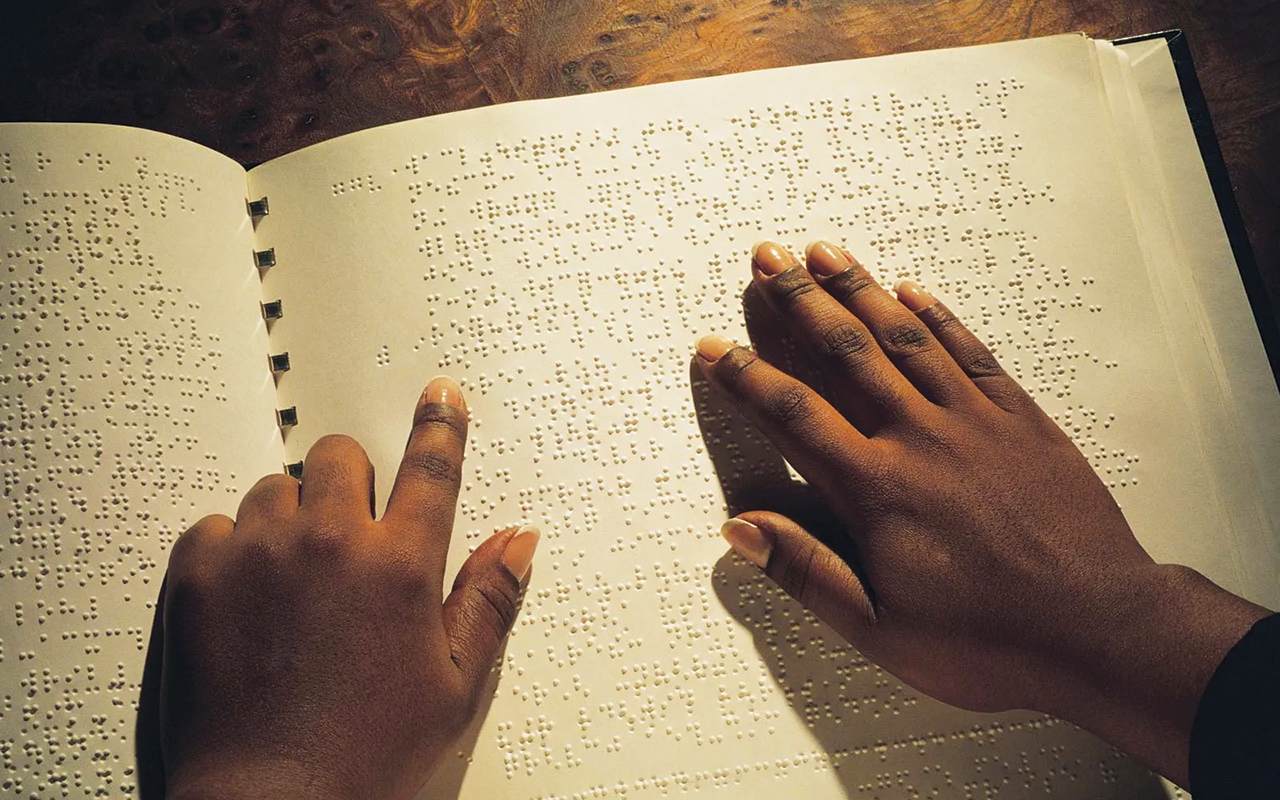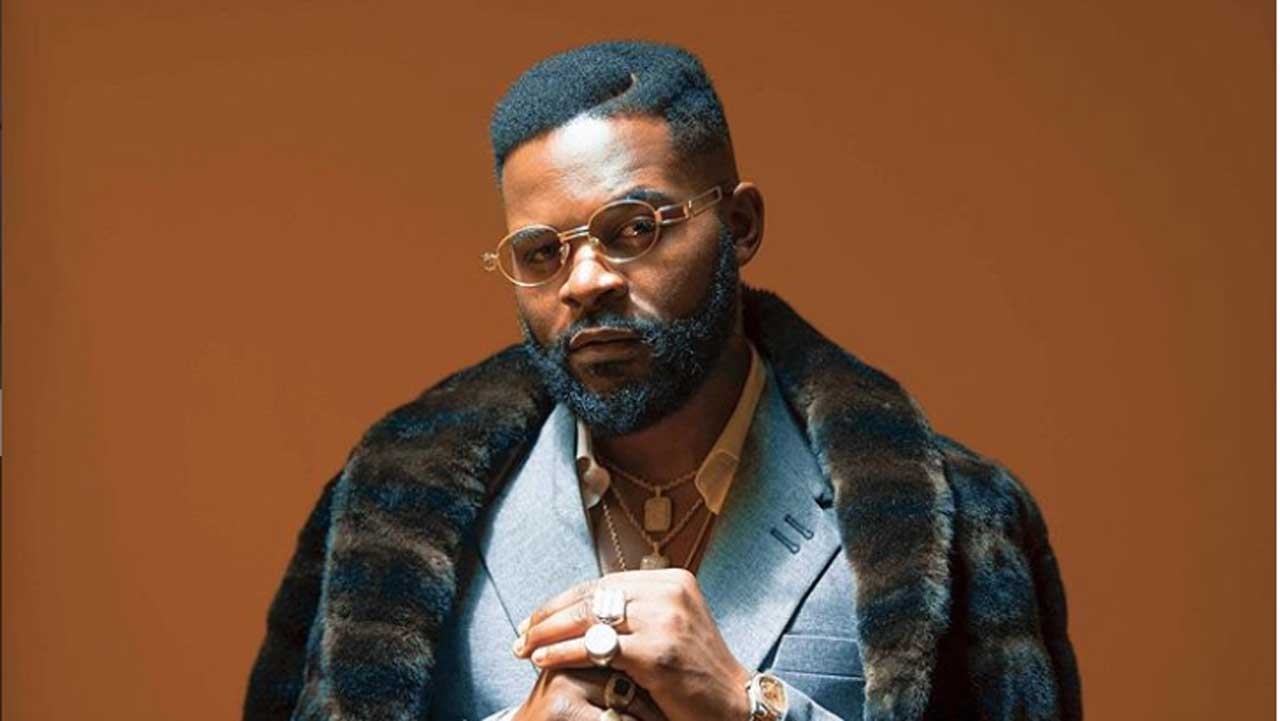Olùkọ́ Olúwáfúnkẹ́ Ògúnyá is the Yoruba Language and Culture Lecturer at the Department of World Languages and Culture, Howard University, and the Director of the Fulbright-Hays Intensive Advanced Yoruba Group Project Abroad. The United States Department of Education funds the 8-week immersive program through the Fulbright-Hays fellowships. This unique opportunity enables American university students to learn Yoruba directly from native speakers in Nigeria, providing them with an enriching cultural and linguistic experience beyond the traditional classroom. The program, hosted at the Yoruba Language Center, University of Ibadan in Oyo State, Nigeria, enables participants to engage with Yoruba culture in its heartland, fostering fluency in the language while deepening their understanding of Nigeria’s significance in the global context.
As the Director of the Fulbright-Hays Intensive Advanced Yoruba Group Project Abroad (YGPA), she has become one of the most influential figures working to ensure that the Yoruba language and culture remain preserved, thousands of miles from their homeland. Olùkọ́ Ògúnyá has dedicated herself to helping a new generation of Americans discover, embrace, and sustain this rich heritage. The program, under her leadership, aims to equip American students with the cultural and global awareness that can enhance their academic and professional lives while gaining a broader, more nuanced perspective on Yoruba land and Nigeria. All of these experiences will prove valuable upon their return to the United States.
Olùkọ́ Ògúnyá’s journey into this work began long before she moved to the United States. A native Yoruba speaker, she completed her undergraduate studies at Adekunle Ajasin University, Nigeria, and earned a master’s degree in African literature from the University of Ibadan. Her academic path later led her to Florida State University, where she is currently completing her Ph.D. in African-American Literature and Cultural Studies. Her research focuses on Yoruba language pedagogy, African and Africana folklore, Black women’s fiction, Girlhood, and Motherhood writings, as well as finding the connections between Yoruba oral and written folklore and the lore of Africans in the diaspora (including African Americans).
According to Olùkọ́ Ògúnyá, “Yoruba folklore is rich, transcending the boundaries of Africa and the global world. Researching Yoruba and African American folklore is digging deep into some indigenous knowledge of the people and how that translates into their day-to-day life.” Ògúnyá believes that there are strong connections between the Yoruba culture and the African Americans’; hence, there is a need to revitalize and promote the cultures in all their forms for new generations of speakers through her teaching and the study abroad program. Her research impacts her teaching significantly, as she incorporates folklore and indigenous knowledge into her pedagogy. This strategy stimulates her students’ interest in embracing, appreciating, and promoting their culture and heritage. It also enables her students to connect back to their roots.
Olùkọ́ Ògúnyá’s commitment to the Yoruba language and culture was shaped by lived experience. As a Fulbright Foreign Language Teaching Assistant Alumni at Yale University, she taught Yoruba Language and culture to American students at different proficiency levels. This experience established a cultural exchange that bridged the continents. Similarly, mentorship and service also played an important role in her teaching career. She volunteered as an instructor at different online Yoruba Camps for both kids and adults; Yoruba for the Young (a Yale University Initiative), and Yoruba for Kidz and Adults organization. On these platforms, she revitalizes the passion for the Yoruba Language and culture for various generations. Her teaching roles deepened her conviction that language is inseparable from cultural identity.
Olùkọ́ Ògúnyá’s influence also extends to her role at Howard University. As the Yoruba language and culture professor, the Yoruba language classes have grown significantly. With over a hundred students every semester, Howard is the only university in the United States with the most significant number of students enrolled in Yoruba classes. This is made possible because of the extraordinary strategies and methods Olùkọ́ Ògúnyá uses in her language classes. In the past years, she organized programs for her students, such as “Movie Night” and one-on-one language tables, where she talked about some cultural aspects of the Yoruba people. This program was successful because of her research expertise in Yoruba folklore. It takes her training and expertise to unravel the issues in Yoruba cultural films in a language classroom context. She has also developed courses that introduce students to Yoruba history, philosophy, and contemporary practices, and started the “Yoruba Students’ Club” at Howard University, all of these to ensure that heritage is taught as a living, evolving force.
Her contributions are not limited to teaching. She co-edits Ìmọ̀ èdè: Journal of Yoruba Language Pedagogy, serves as financial secretary of the American Association of Teachers of Yoruba, and holds roles in professional organisations dedicated to African languages and literature, such as the South East African Language and Literature Forum (SEALLF). She is also an active scholar and presenter, speaking at conferences across the US on topics ranging from Yoruba culinary traditions to the role of women in preserving Yoruba indigenous knowledge, to topics on Yoruba pedagogical strategies. She has also been invited as a guest speaker at Ivy League universities in the US, such as Brown University and Princeton University, on topics covering some aspects of Yoruba Culture. These contributions help ensure that Yoruba culture is discussed in spaces where it might otherwise be overlooked.
Under her direction, the Fulbright-Hays GPA Study Abroad program has grown beyond language classes. It includes field trips to significant cultural and historical sites across Yoruba cities, opportunities to learn traditional arts, and direct engagement with Yoruba musicians, writers, and community leaders. These elements, Olùkọ́ Ògúnyá believes, are critical to providing students with a lived understanding of Yoruba culture.
The Fulbright-Hays YGPA program in Nigeria is beneficial in so many ways, including cultural exchanges and understanding between the United States and Nigeria. It enhances language skills. Learning the Yoruba language can enhance communication and cross-cultural interactions between Americans and Yoruba speakers, both within the United States (in communities with Yoruba diaspora) and during future diplomatic, business, or academic engagements in Yoruba-speaking regions. It can also give participants academic and research opportunities within the Yoruba regions. It exposes participants to different cultural practices and challenges that can broaden their perspectives on global issues. This outlook can positively influence their leadership qualities and approach to solving international issues. Moreover, the program fosters people-to-people connections and can strengthen diplomatic ties between the United States and Nigeria. Positive experiences through these cultural exchange programs contribute to a more robust international relationship.
The impact of this work is already visible. Alumni of the program return to the US not only fluent in Yoruba but also equipped with a deeper respect for cultural diversity. Many go on to incorporate Yoruba perspectives into their careers, from academia to the arts and public service, extending the language’s reach beyond the classroom. Here are some testimonials from past and current awardees.
“This study abroad has expanded my global and cultural awareness by showing me how language serves as a vessel for history, resilience, and identity. It has reinforced my belief that understanding one’s cultural heritage is essential to making a meaningful impact in the world. As a Nigerian-American and a leader invested in African development, plant-based entrepreneurship, and social justice, this experience has empowered me to honor tradition while building a bridge between the past and the future. The program has strengthened my confidence in using Yoruba to engage with elders, scholars, and communities both locally and internationally. Professionally, it has reaffirmed my commitment to cultural preservation and ethical global leadership. Whether through storytelling, design, or advocacy, I now carry a deeper sense of responsibility—and pride—in representing Yoruba culture on any platform I step onto. I am very grateful to leaders like Professor Olúwáfúnkẹ́ Ògúnyá, who see the value in programs such as this and invest their efforts to make them happen. Professor Ògúnyá has been a guiding light, and I am grateful to have her as the leader of this program.”— Faridat Ayobami Ilupeju, Johns Hopkins University Carey Business School.
“Participating in this program has given me so much more than vocabulary and grammar, syntax, and correct pronunciation. Through cooking classes, art displays, guest lectures, and other opportunities to apply class material, this program has given me a visceral understanding of the language I am learning. My fluency has increased tenfold, and with it, my knowledge of where I am from. As a software engineer, my schooling did not entirely prepare me to design software for a global audience. It taught me to design for metropolitan populations, for Americans, but the Fulbright Hays Study Abroad program has opened my eyes to the fact that designing for a Yoruba/Nigerian audience means understanding that this audience may have different needs and abilities to engage with technology than I have. This program has given me mentors across Yoruba culture, linguistics, and computer science. It has given me new bridges of language to speak to and understand my parents, for whom Yoruba is their first language…Professor Ògúnyá has facilitated an immersive, educational experience that has touched me deeply. For that, I am truly grateful.” — Aminah Aliu, Princeton University
“Being able to do the Fulbright YGPA program has been an intellectually and physically stimulating and rewarding experience, especially considering the backdrop of the American political landscape. I have seen how globalization and post-colonization have impacted Nigeria in ways that you can’t truly understand by just reading research articles or books. Doing this program as a Nigerian American strengthens my connection to my Yoruba heritage while also providing the opportunity to make new connections in preparation for my research project in Nigeria later down in my PhD journey. Having a director like Professor Ògúnyá, who is also Yoruba, has really added to the experience because she was able to understand our perspective as Nigerian Americans while also teaching us Nigerian culture. Fulbright is an experience that everyone should be able to experience.” —-Tobiloba Abubakare, Boston College
“The Fulbright Hays Yoruba Project Abroad program has impacted my life in ways I did not expect. The program is deeply immersive and rooted in culture, and I use the word ‘culture’ very intentionally. Outside of exponentially improving my Yoruba, the program showed me what it means to be Yoruba in both contemporary and traditional contexts – community interactions, values, celebrations, belief systems, work, food, etc. The program opened my eyes to a different reality – one more rooted in community, spirituality, nature, and celebration. Learning Yoruba in this program has only further piqued my interest in the language and culture and has boosted my commitment to attaining fluency and passing this language down to my children. In addition, it has further emphasized the need for the preservation of pure Yoruba language and culture through technology, films, books, and other forms of literacy. I envision myself continuing to work in this space to promote the digitization and literacy of Yoruba and to emphasize the importance of speaking Yoruba without language-mixing among youth. —–Oluwatunmininu Samuel-Ipaye, University of Wisconsin-Madison
“This program has personally affected me in ways that I’ll cherish and remember for the rest of my life. I’ve been able to learn a lot about myself and my family through the study of names and traditional stereotypes that can sometimes be proven as true. This program has helped me to learn Yoruba in a more formal and colloquial understanding in a way that emulates the kind of Yoruba we would pick up being raised here. I have more respect for the culture that I’m lucky enough to be a part of, and I’m glad that I was able to be immersed and involved with people so deeply rooted in the culture as well.” —Fatiat Mustapha, Howard University
“Participating in this program has broadened my understanding of Yoruba language and culture. From the food that we eat to the music that we listen to to the people that we look up to, Yoruba culture means so many things to many different people, and I’m grateful to have gotten to learn that firsthand. There are so many nuances in the culture, and even so many different dialects in the language. The Yoruba identity is so wide and colorful, and it’s difficult to get a grasp on that when you are outside of Yoruba land. The program has stretched my perception of how much tolerance is possible. Here in Yoruba land, there are people who practice Islam, Christianity, and traditional religion in peace. There have been multiple events where we have done both Christian and Muslim prayers, and we were also able to meet some Babalawos and worshippers of different shrines. I was impressed by the respect displayed for different beliefs”. ——Olaniyi Kolawole, University of Pennsylvania
Each position Olùkọ́ Ògúnyá holds strengthens her broader mission: to give Yoruba language and culture a lasting voice in global conversations. Despite her impressive CV, Olùkọ́ Ògúnyá remains deeply focused on her students. She believes that cultural preservation is most effective when it is personal, when young people discover in Yoruba culture something that speaks to their own identity and history. Her work has inspired countless students to see language learning not as a requirement, but as an act of connection to themselves, to the past, and communities far beyond American borders. Through her guidance, learning Yoruba becomes a journey of understanding and respect. As migration and globalization continue to reshape identities, Olùkọ́ Ògúnyá’s dedication offers a model of how heritage can be preserved without becoming static, kept alive through study, exchange, and human relationships. In the end, her mission is not just about language; it is about giving Yoruba culture a future in places where it might otherwise disappear over time.






